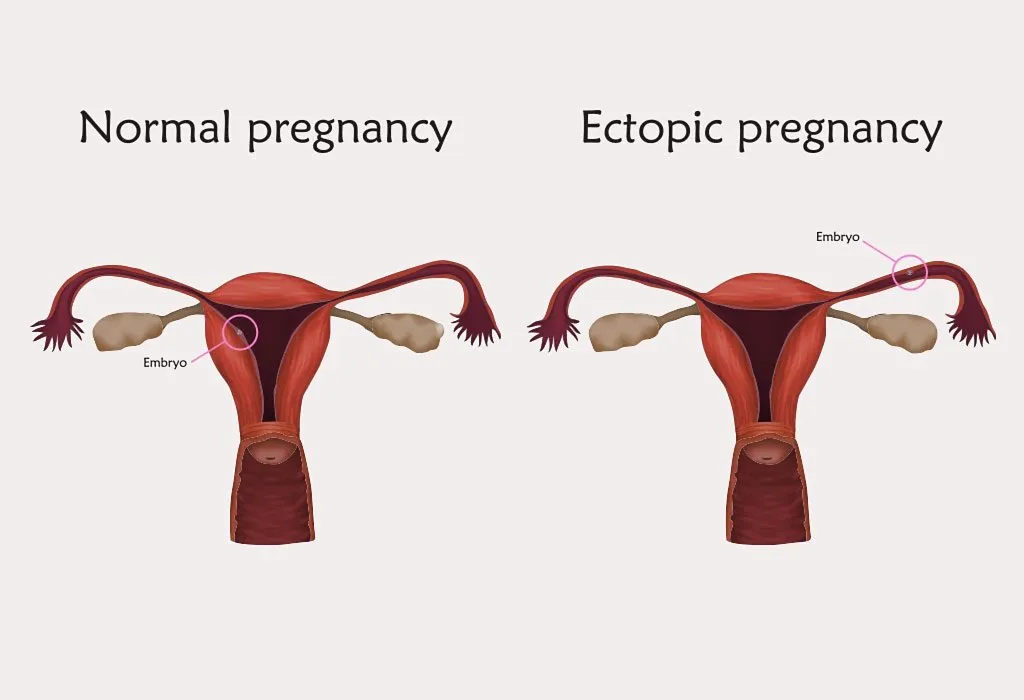
Pregnancy After Ectopic Pregnancy: A Comprehensive Guide
An ectopic pregnancy occurs when a fertilized egg implants outside the uterus, typically in the fallopian tube. This is a life-threatening condition that requires immediate medical attention. Fortunately, with timely treatment, most women who experience an ectopic pregnancy can go on to have a healthy pregnancy in the future.
Understanding Ectopic Pregnancy
- Causes: The exact cause of ectopic pregnancy is often unknown, but certain factors can increase the risk, such as:
- Pelvic inflammatory disease (PID)
- Endometriosis
- Previous ectopic pregnancy
- Use of certain fertility treatments
- Smoking
- Symptoms: Early symptoms of ectopic pregnancy may be similar to those of a normal pregnancy, including:
- Missed period
- Nausea and vomiting
- Breast tenderness
- As the ectopic pregnancy progresses, more severe symptoms may develop, such as:
- Sharp, stabbing pain in the lower abdomen or pelvis
- Vaginal bleeding or spotting
- Shoulder pain
- Dizziness or fainting
Diagnosis and Treatment
- Diagnosis: An ectopic pregnancy is diagnosed based on a combination of symptoms, physical examination, and ultrasound.
- Treatment: The primary treatment for ectopic pregnancy is surgery. The type of surgery depends on the location and severity of the pregnancy.
- Salpingostomy: This procedure involves removing the ectopic pregnancy from the fallopian tube while preserving the tube.
- Salpingectomy: This procedure involves removing the entire fallopian tube containing the ectopic pregnancy.
Recovery and Future Fertility
- Recovery: After surgery, most women recover within a few weeks. It is important to follow the doctor’s instructions regarding activity and rest.
- Future fertility: The impact of an ectopic pregnancy on future fertility depends on several factors, including:
- The location and severity of the ectopic pregnancy
- The type of surgery performed
- The woman’s overall health and fertility status
- Most women who have had an ectopic pregnancy can go on to have a healthy pregnancy in the future. However, the risk of another ectopic pregnancy is slightly increased.
Planning for Pregnancy After Ectopic Pregnancy
- Timing: It is generally recommended to wait at least 3 months after an ectopic pregnancy before trying to conceive again. This allows the body to heal and reduces the risk of another ectopic pregnancy.
- Preconception care: Before trying to conceive, it is important to see a doctor for preconception care. This includes:
- Discussing the risks and benefits of future pregnancy
- Evaluating fertility status
- Managing any underlying medical conditions
- Fertility treatments: If natural conception is not possible, fertility treatments may be an option. However, it is important to discuss the risks and benefits of these treatments with a doctor.
Emotional Support
- Emotional impact: An ectopic pregnancy can be a physically and emotionally traumatic experience. It is important to seek support from family, friends, or a therapist to process the emotions and cope with the loss.
- Support groups: Joining a support group for women who have experienced ectopic pregnancies can provide a sense of community and support.
Conclusion
Pregnancy after ectopic pregnancy is possible, but it requires careful planning and support. By understanding the risks, following medical advice, and seeking emotional support, women who have experienced an ectopic pregnancy can increase their chances of having a healthy pregnancy in the future.